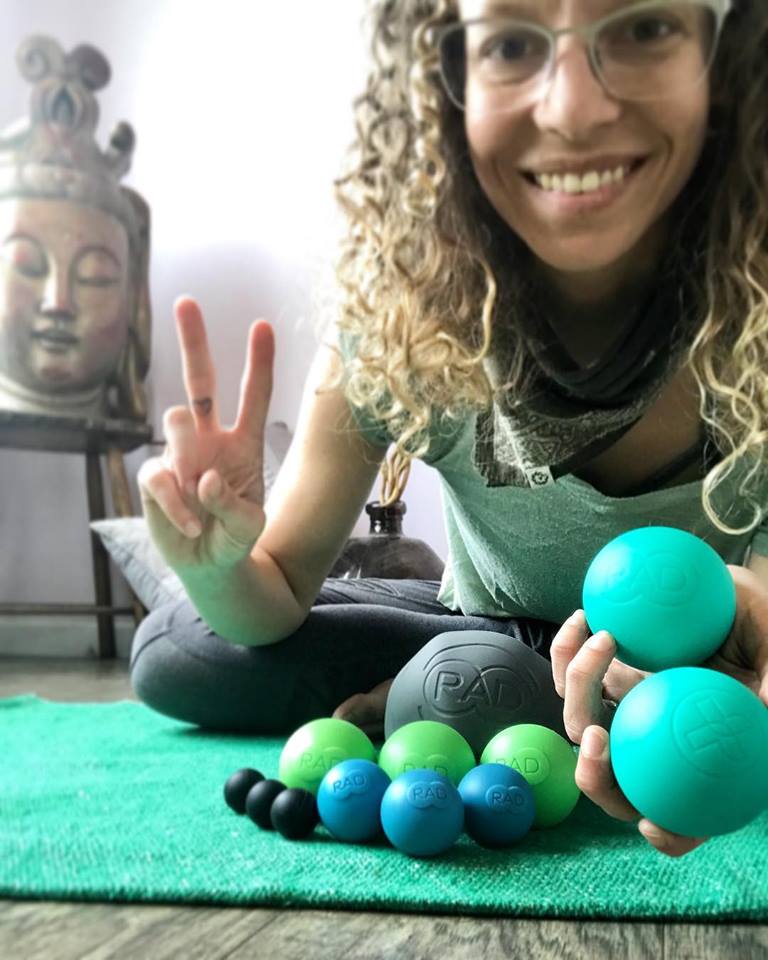
Finding Resiliency in Wheeling
By: Jeremy Morris
As this pandemic grips our nation and world, it throws our personal lives into a reality that most of us could not have imagined. Social distancing is redefining how we spend our time, how we engage with our extended family and friends, and our work life.
This break from the routine pushes everyone into moments of discomfort. Whether it be small momentary discomfort or seemingly life-changing discomfort, how we respond will define us both as an individual and the collective us as a community.
We are often told, “look for the helpers.” As a small town, we are ready and willing to help our neighbors and strangers alike when adversity strikes. Wheeling is a town of helpers.
“This isn’t the first adversity our city has faced,” says Rabbi Joshua Lief “Wheeling has a 250-year history and faced many challenges in those years.” Leif shepherds Wheeling’s Temple Shalom, founded in 1849, it is West Virginia’s oldest Jewish congregation.
And indeed, the Rabbi is correct.
Wheeling persisted through the Civil War, World Wars, The Great Depression, floods, collapse of steel and coal, and even a prior global pandemic, The Spanish Flu. (See Wheeling in the time of Spanish Flu).
“It is the people of this community who have been bold, overcoming challenges, since our city’s founding in 1769,” reminds Rabbi Lief.
Community resilience is a collective force. It is distilled by time through the people who experience the events and those who later tell their stories.
As we look around today amid this pandemic, we see people compelled by their kindness and duty to serve their fellow man. We see the helpers.
Our Chamber of Commerce doing its best to help local businesses promote their constrained services.
Adaption and Inspiration in Wheeling
While pain and suffering are going on in the world, we are also at a point where there may be a cultural shift that may be fruitful for humanity. This is a time for introspection and may be a time for evaluation that could lead to wide-scale changes in how we operate.
“As a yoga studio we thrive off of personal connection,” says Lindsay Schooler owner of Happy Goat Yoga (HGY) in the North Wheeling neighborhood. “We feed off of each other’s energy as we move.”
Schooler says we should all use this abnormal time to do some investigation about how we can improve our relationships, our work habits, question whether the job we have (or had) suits us.
“Go within, it’s what we teach. We are being offered an opportunity to look at the bigger picture of what is going and realign our priorities,” says Schooler.
“Be mindful of the first thoughts you think in the morning,” encourages Schooler. “Let them be good, let them be gratitude. Love yourself when you first wake up in the morning.” Schooler says morning is a time for gentle movement, stretching and eating healthy. These are the keys to battling a stressful day of working from home, wrangling kids, and feeding a family.
The pandemic has forced Happy Goat Yoga to close its doors and resulted in Schooler taking HGY onto YouTube. YouTube is something she resisted until now in part because of her deep belief in the personal energy her practitioners share within the walls of the yoga studio and because as she says “there is such a wealth of yoga content already online I have never let myself feel the pressure to put out content, however I do want people to feel connected to our studio during the pandemic since they can’t physically be there.”
Despite the broad digital swath of the content she encourages everyone to dig in and investigate online yoga and meditation during this pandemic, “it’s an amazing opportunity to practice with people that you might never get a chance to practice with or learn from, so many wonderful teachers are opening up their practice for everyone right now”
Rabbi Lief has also taken his congregation into the digital realm during the pandemic. “This situation demands a different response than past crises,” he insists. Lief says the addition of social media has helped connect with a larger community, both their associate members (those who live elsewhere in the world) and people of other faiths.
“We are offering content six days a week at the moment. The content isn’t an end in and of itself. We hope it serves as inspiration in this uncertain time and for the future,” says Lief.
“What will we carry with us out of this crisis? That is the question we must all ask ourselves. We must ask it on a personal level, we should ask it as a family, ask it as a business owner, ask it as a community. As a congregation, Temple Shalom will carry forward our online services and teachings as a way to engage in making the world a better place as we have done for the last 170 years.”
Schooler’s final piece of advice is, “Get outside and enjoy nature! By all means, safely get outside with members of your family and plant your feet in the grass. Put your feet in some water if it is warm enough, lean against a tree. Nature therapy is the best therapy we have right now.”
